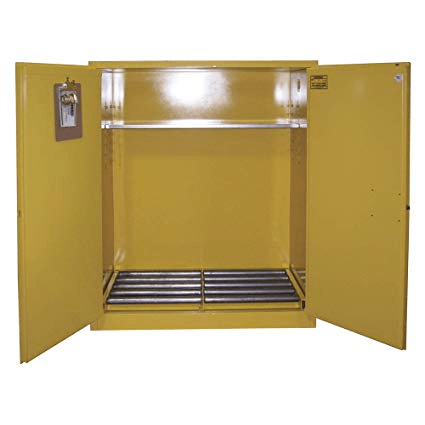Organizational skills are important to inculcate in a young child, as they not only help survive their adult years but also mold their way of thinking. Preaching to a child about its necessity in life is definitely only going to get you so far. Not even adults have the ability to listen to a preaching, let alone kids. Below are some suggested activities to build the organizational skills in your child.
1. Backpack checks

Children like to have their own personal things. Giving them a backpack and making it their responsibility to routinely clean and maintain it will instill a sense of responsibility in them. This will provide them with an opportunity to schedule their activities, think about time management and optimization of a task.
To help them set their goals and standards for a clean backpack, create a checklist that constitutes a good backpack. These should be quality standards that they can ensure, for example, books arranged in a compartment, no sharpening or stray stationery items in the backpack etc. Having a clear goal will eventually help them set goals and organize their own thoughts better.
2. Water bottle

An alternative to backpacks can be their playrooms; you can buy baskets to organize the toys and books in their playrooms, or specialized water bottles like these science bottles. These bottles also help in developing a child’s imagination and sparking an interest in science. Their job can be to fill their water through bottle top filters and then wash them thoroughly.
3. Top-do Board

Chores are necessary for the growth of a child in order to feel connected to the family. This helps them understand that they are a contributing member of the family. This will also help create a work-play balance in their minds.
Use a whiteboard and divide it into two sections: to-do and done. Use a fridge magnet and write the task onto it. Place it in the to-do section. Do this for as many tasks as you like, and for as many people. Place the whiteboard in an easily accessible location for all family members. Your child must check his/her task for the day and ensure that it is in the done section by the end of the day.
An important thing to remember is to appreciate their efforts and provide some positive reinforcement to not spin it as a negative experience.
4. Basket Everything

A key area that most kids lack in is general hygiene and sanitation. To make them understand the importance of it, we begin by making them classify the waste and properly disposing of them. The organization of space with keeping their all needful items in cabinet humidor and waste management are essential aspects of life.
The point of this exercise is for the child to learn how to classify and segregate the waste. How you choose to dispose of them is up to you. There are multiple options: you could install various baskets and/or containers acting as trash cans, or installation of waste storage cabinets is also a viable solution. As they are made of laboratory grade equipment, it would be sterile and would not affect your child.
5. Nighttime Planning
A habit to inculcate in a child is routine. Before bed, every night, sit down with your ward and help them plan out the next day. Break a bigger task into smaller chunks, set goals and rewards for the next day. It will help them become decisive, bolster their confidence, and allow them to decide on their priorities. These are skills that even adults these days struggle with.
6. Mark the dates

Punctuality and respecting another person’s time are valuable qualities that must be incorporated in the child as early as possible. To respect time, an understanding of time is a prerequisite. A good activity for that is to make their own calendars. Important dates and birthdays can be marked on the calendar, so as to ensure that they not only respect appointments but also can learn how to schedule events. This will help them organize their time and have a clean and functional daily schedule, or at least lay the foundation for that when their schedules get busy.
These are some suggestions to help your child get more organized. Feel free to make it your own and improvise.